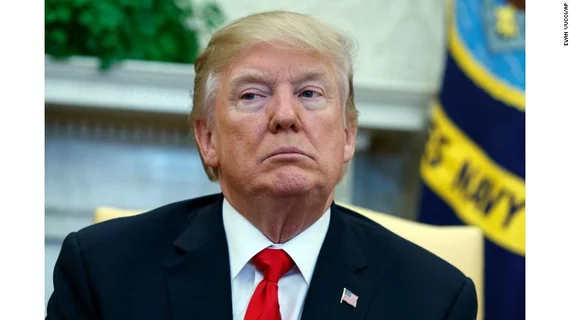Trump’s friends reportedly holding up Cerner-VA deal
The U.S. Department of Veterans Affairs (VA) selected Cerner to replace its in-house electronic health record system in June 2017. Eleven months and one VA Secretary later, the $16 billion contract hasn’t been finalized. According to Politico, two men in the social circle of President Donald Trump may be to blame for holding up the project—and neither man officially works for the administration.
The two men mentioned are Ike Perlmutter, the chairman of Marvel Entertainment, who has informally advised Trump on veterans issues, and his friend Bruce Moskowitz, MD, a Florida internist. Moskowitz has been on two or three monthly calls since November with the team responsible for implementing the 10-year Cerner contract with the VA, according to Politico, but he has criticized Cerner software based on his personal frustrations with its EHRs he uses at two Florida hospitals.
Skepticism of the Cerner contract isn’t unusual, considering problems reported with the EHR the health IT giant is rolling out at Department of Defense facilities. But IT specialists at the VA thought Moskowitz’s complaints were unwarranted, as he would assume features missing from the Cerner EHRs he knows would also be absent from the VA platform.
The influence of an informal adviser on such a massive project reportedly “infuriated” IT staff at the VA and former VA Secretary David Shulkin, MD.
“Shulkin would say, 'Who the hell is this person who practices medicine in Florida and has never run a healthcare system?'” a source told POLITICO.
Read more at the link below:

